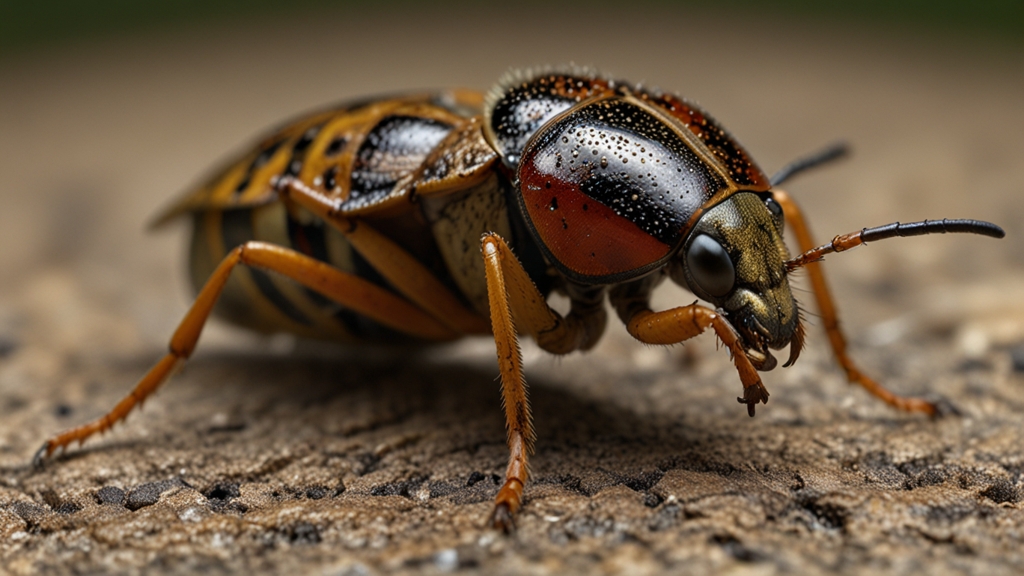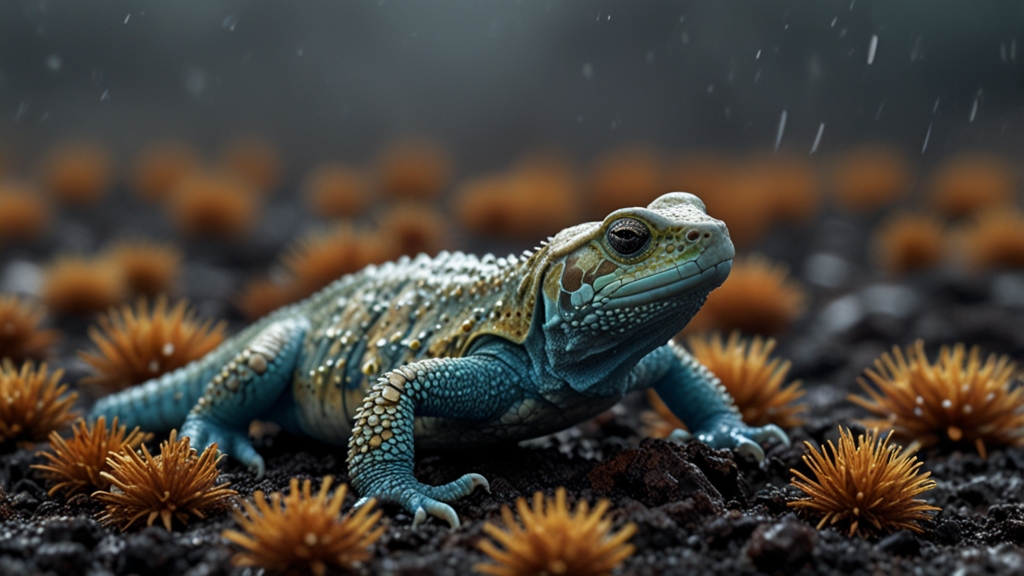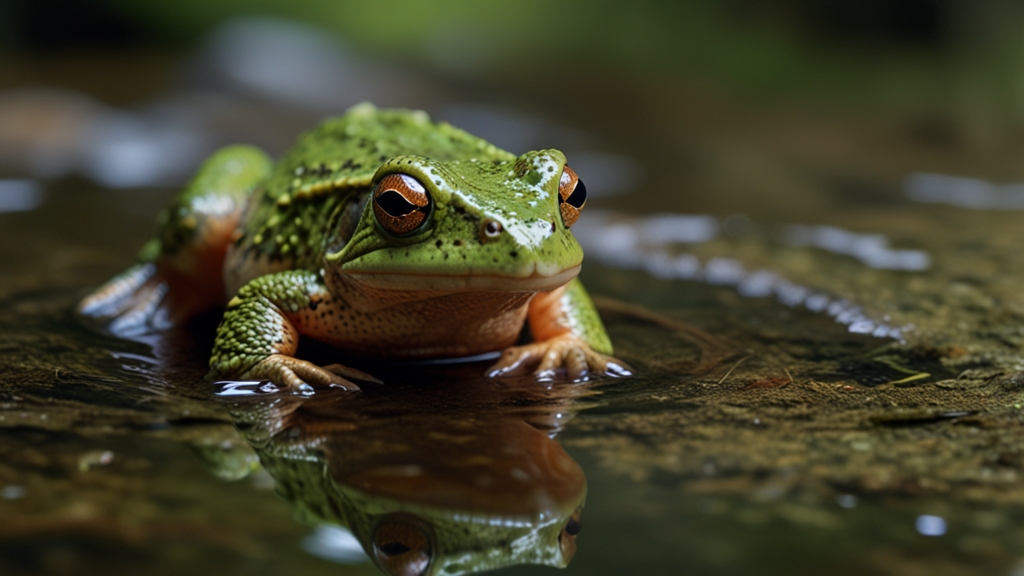Why You Shouldn't Squish That Bug: The Benefits of Insect Appreciation
Insects often spark a sense of unease or outright fear in many people. The instinct to squish an unwelcome bug can be strong, but it's worth pausing to consider the broader implications. Insects play myriad crucial roles in our ecosystem, and by appreciating and protecting them, we gain numerous environmental, economic, and even psychological benefits. This article delves into why we shouldn't squish that bug and the many advantages of insect appreciation.
Ecosystem Balance
Insects form the backbone of many ecosystems, serving as a primary food source for various animals including birds, amphibians, and mammals. They contribute to the balance of natural habitats by participating in food webs and nutrient cycling. Predatory insects, such as ladybugs and spiders, control pest populations that could otherwise devastate crops and garden plants.
"Insects are the little things that run the world." - E.O. Wilson
Pollination Powerhouses
Approximately 75% of flowering plants and 35% of global food crops depend on pollinators—most of which are insects like bees, butterflies, and beetles. These tiny creatures facilitate the reproduction of plants by transferring pollen, thereby enabling the production of fruits, vegetables, and seeds. Our diet diversity would plummet without insect pollinators, making their protection vital for food security.
Decomposers and Recyclers
Insects like beetles, ants, and certain types of flies are nature's recyclers, breaking down dead plants and animals into simpler substances. This decomposition process recycles nutrients back into the soil, aiding in plant growth and maintaining soil health. Without insects, decomposition rates would slow dramatically, leading to an accumulation of organic waste and a decrease in nutrient availability.
Scientific Research Contributions
Insects have been indispensable in scientific research, particularly in genetics, evolution, and ecology. The fruit fly (Drosophila melanogaster), for instance, has been a model organism in genetic studies for over a century due to its fast reproductive cycle and ease of care. Insights gained from studying insects have broad applications, from medicine to environmental science.
Economic Impact
Insects contribute significantly to the economy, especially in agriculture and biotechnology. Beneficial insects like bees contribute billions of dollars annually through pollination services, while others help control crop-damaging pests, reducing the need for chemical pesticides. There's also growing interest in using insects as a sustainable food and feed source, given their high protein content and low environmental footprint.
"If all the insects were to disappear from Earth, within 50 years all life on Earth would end. If all human beings disappeared from Earth, within 50 years all forms of life would flourish." - Jonas Salk
Psychological and Educational Benefits
Appreciating insects can have psychological benefits as well. Observing these small creatures can foster a sense of wonder and curiosity about the natural world, promoting mindfulness and reducing stress. Moreover, educational programs that include insect observation can enhance children's understanding of biology, ecology, and the environment, fostering a new generation of environmentally conscious individuals.
Conclusion
Insects may be small, but their impact is immeasurable. Next time you encounter one, resist the urge to squish it and consider the bigger picture. From maintaining ecosystem balance to contributing to scientific research and the economy, insects are indispensable allies. By cultivating an appreciation for these vital creatures, we not only protect our environment but also enrich our understanding of the intricate web of life.











